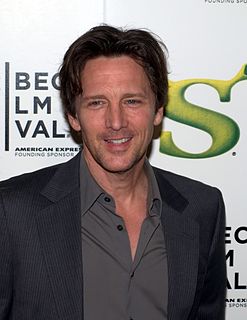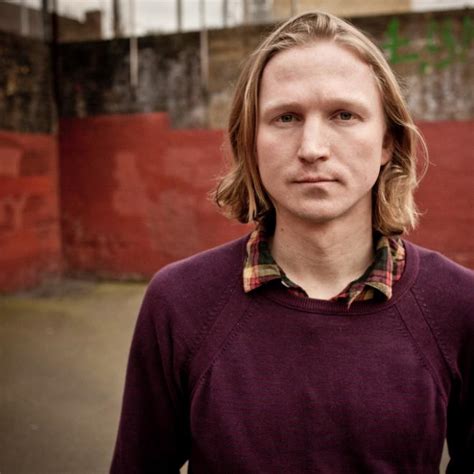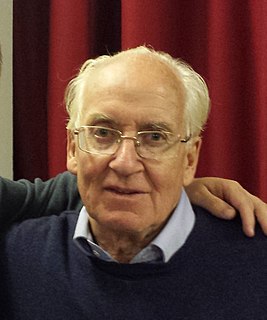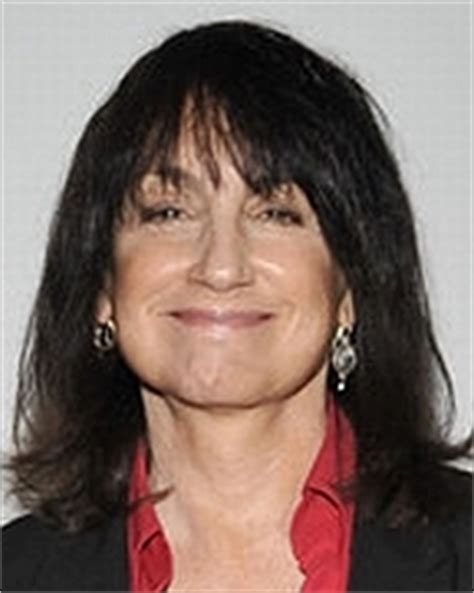A Quote by Marie Calloway
I admire Joyce Maynard a lot, specifically her memoir "At Home in the World." Her writing is beautiful and fascinating and seemed to give me validation to the idea that I could write validly in earnest about my life with (my) very feminine point of view, and also that I could unapologetically explore the bad traits of my character (which I find to be more interesting to explore than the good traits), as well as explore other concepts that interest me like private vs public personas, age gap relationships, etc.
Quote Topics
About
Admire
Age
Age Gap
Also
Bad
Beautiful
Character
Concepts
Could
Earnest
Etc
Explore
Fascinating
Feminine
Find
Gap
Give
Give Me
Good
Her
Home
Idea
Interest
Interesting
Joyce
Life
Like
Lot
Me
Memoir
More
My Life
Other
Point
Point Of View
Private
Public
Relationships
Seemed
Specifically
Than
Traits
Validation
Very
View
Well
Which
World
Write
Writing
Related Quotes
One of my main wishes in wanting to write about my mother was to explore the impact of her death on my life, explore our relationship, think about the different versions of myself that I was with and without her. I also had the really strong wish to bring her to life for my children, who were born after she was gone.
I think movies say a lot [about real life], even more than theater. It says a lot about the invisible, that movies are so fascinating. The camera lens is like a microscope that goes beyond the surface. It's like you're exploring a secret, so you explore the director's secret, you explore the actor's secret, and therefore you explore the universe's secrets.
Oh diary, I love her, I love her, I love her so much. Jordana is the most amazing person I have ever met. I could eat her. I could drink her blood. She's the only person I would allow to be shrunk to microscopic size and explore me in a tiny submersible machine. She is wonderful and beautiful and sensitive and funny and sexy. She's too good for me, she's too good for anyone! All I could do was let her know. I said: "I love you more than words. And I am a big fan of words.
We're living history all the time, in the papers, in the news, you think about stuff and it goes into your brain and you think about it and it comes out somehow. You have an idea; you've heard a phrase, or you're angry, or something disturbs you, or something seems paradoxical to you, you explore that idea, much like a writer would explore maybe an idea through metaphor. Maybe artists use their vehicle to explore ideas, so I think the things that interest me are the kind of idea of continuous change and how nothing stays the same and it's always disintegrating into something more.
The real power of this book comes from its documentation from major sources. In fact, you will quickly discover that most of my documents about Jewish Supremacism are from Jewish sources. They argue more convincingly for my point of view than anything I could write. I encourage you to go to the sources that I quote and check them out for yourself. In this book I take you along with me on a fascinating journey of discovery in a forbidden subject. I urge you to courageously keep an open mind while you explore the topics ahead, for that is the only way any of us can find the truth.
I've never conceptualized much of what I write about. Maybe, once I'm onto something, I'll conceptualize a finished record. I want the songs to tie together and make sense together. I'm not like, "Oh, I want to explore this idea." That's just not how the creative process works for me. It's more like something strikes me, or finds me, and then I wrestle with it after that. I don't sit back in my armchair, like, "What kind of philosophy can I explore today?"
More than any other personality trait, my mother seemed to be ruled by anger and sadness. She seemed to hate being a mother. Watching her unhappiness as I grew up made me conclude that the answer was to try and be as unemotional as I could, which many therapists have taught me is a bad idea. It also made me want to avoid marriage and having children.
It has always seemed strange to me... the things we admire in men, kindness and generosity, openness, honesty, understanding and feeling, are the concomitants of failure in our system. And those traits we detest, sharpness, greed, acquisitiveness, meanness, egotism and self-interest, are the traits of success. And while men admire the quality of the first they love the produce of the second.


































